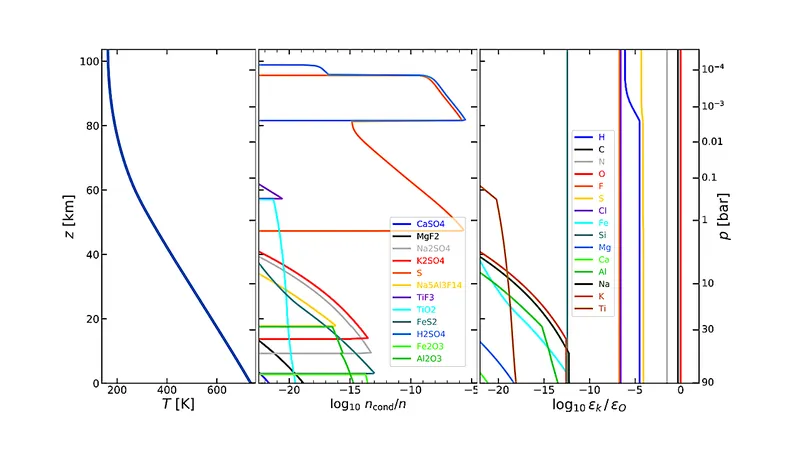
NASA vs. Space Force: Who Should Shield Earth from Asteroids?
2025-07-25
Author: John Tan
Budget Battles: The Future of Earth's Defense.
As NASA faces budgetary uncertainties, the crucial task of defending Earth from incoming asteroids may soon be up for grabs. There's speculation that this responsibility could shift to the U.S. Space Force, which boasts a significantly larger budget.
From Monitoring to Defense: The Stake at Hand.
Last May, the House Science, Space, and Technology Committee held a pivotal hearing titled "From Detection to Deflection: Evaluating NASA's Planetary Defense Strategy." During this session, Committee Chairman Brian Babin (R-Texas) brought attention to critical facts pertinent to our planetary defense.
NASA's Planetary Defense Coordination Office (PDCO) has led the charge against potentially dangerous near-Earth objects (NEOs)—asteroids and comets whose orbits bring them uncomfortably close to our planet. Although many NEOs pose no threat, the larger ones could unleash havoc on Earth.
Since the 1990s, the U.S. has been keeping watch over hazardous NEOs, but efforts gained speed with the 2005 George E. Brown Jr. Near-Earth Object Survey Act, which mandated NASA to track and catalog 90% of all NEOs at least 460 feet wide within 15 years. Unfortunately, with just 44% accounted for years beyond the deadline, urgency looms.
Is It Time for a Change?
Peter Garretson, a senior fellow in defense studies, argued that planetary defense could be better served under the U.S. Space Force, which is already tasked with national security in outer space. Garretson emphasized that this mission requires a collaborative approach involving multiple agencies, including the Department of Defense.
NASA has spearheaded many initiatives, including the Double Asteroid Redirection Test (DART), which successfully altered the orbit of an asteroid in a historic mission in 2022.
A New Era of Defense?
Garretson mentioned the possibility of establishing a dedicated operational capability to respond to asteroid threats at a reasonable cost—a legacy moment for the current administration. He challenging perceptions about the sensitive nature of such missions being exclusively scientific, suggesting that military involvement would facilitate necessary international collaborations.
Diverse Perspectives on Planetary Safety.
However, not everyone is eager to hand planetary defense over to military control. Rusty Schweickart, an Apollo astronaut and advocate for planetary safety, cautioned that trust in the organization managing this vital information should come from a civil entity, not the military, to enhance public confidence.
Schweickart believes a cooperative international response, rather than self-serving national agendas, is crucial for effective planetary defense.
Looking Forward: The NEO Surveyor Mission.
Despite funding hurdles, NASA's Near-Earth Object Surveyor (NEO Surveyor) is set to launch no earlier than September 2027. This mission will employ advanced infrared detection technologies to identify potential threat objects and assess their characteristics.
As debate continues, one thing is clear: protecting Earth from cosmic threats warrants urgent and decisive action, whether that falls to NASA, the Space Force, or a collaboration of both.


 Brasil (PT)
Brasil (PT)
 Canada (EN)
Canada (EN)
 Chile (ES)
Chile (ES)
 Česko (CS)
Česko (CS)
 대한민국 (KO)
대한민국 (KO)
 España (ES)
España (ES)
 France (FR)
France (FR)
 Hong Kong (EN)
Hong Kong (EN)
 Italia (IT)
Italia (IT)
 日本 (JA)
日本 (JA)
 Magyarország (HU)
Magyarország (HU)
 Norge (NO)
Norge (NO)
 Polska (PL)
Polska (PL)
 Schweiz (DE)
Schweiz (DE)
 Singapore (EN)
Singapore (EN)
 Sverige (SV)
Sverige (SV)
 Suomi (FI)
Suomi (FI)
 Türkiye (TR)
Türkiye (TR)
 الإمارات العربية المتحدة (AR)
الإمارات العربية المتحدة (AR)